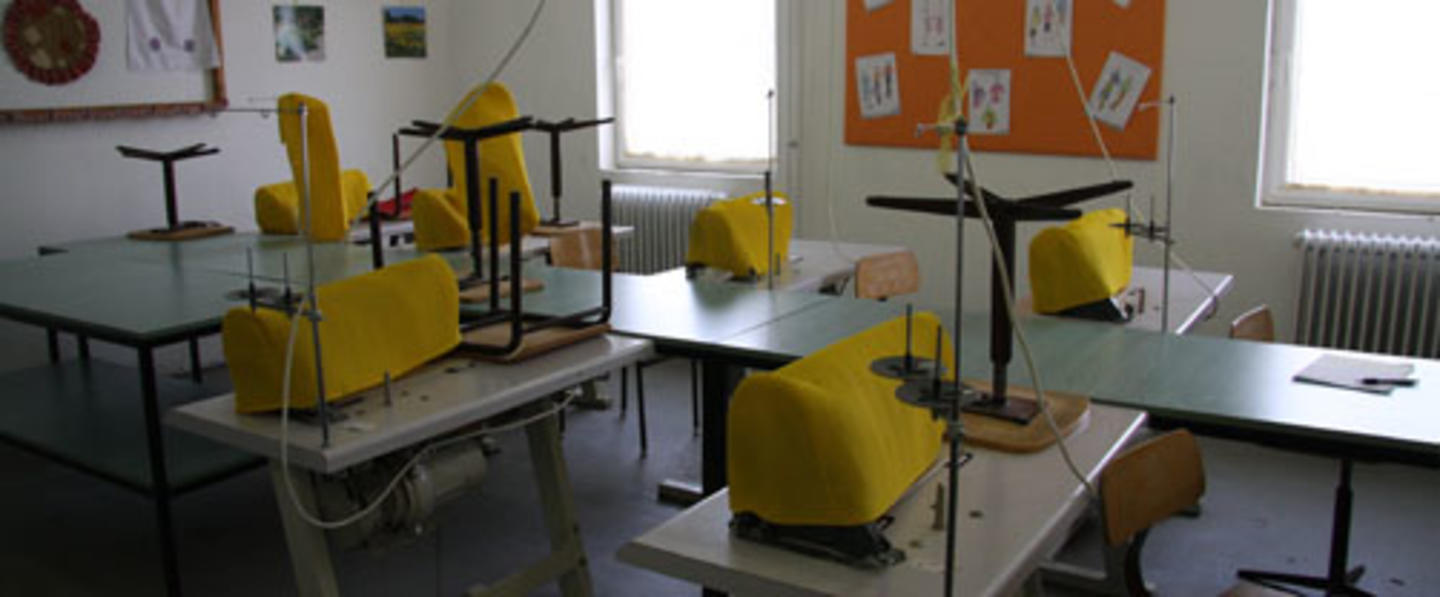Supported by the EEA and Norway Grants, a network bringing together the nine centres is now up and running through joint action from Norwegian and Hungarian project partners.
Hungary has the lowest level of participation in adult education of the EU-27 member countries, particularly amongst groups with poor levels of education, the elderly and the long-term unemployed. A traditional emphasis on formal qualifications has meant that the benefits of non-formal and informal learning have not always been recognised. Compounded by insufficient public resources and a lack of support from the business sector, this has resulted in a serious deficit in infrastructure provision for adult education.
To tackle this, the Hungarian Association of Lifelong Learning (ALLL) teamed up with the Norwegian Agency for Lifelong Learning (VOX) to establish the Network of Open Learning Centres entitled the ‘Learning Partnership Initiatives”. With backing of €650,000 from the EEA and Norway Grants, the project has had a positive impact on social inclusion and community development, as well as helped to improve skills and boost employability at a local level.
Flexible solutions, tangible results
The centres are located in areas struggling with high unemployment rates and social deprivation. Zoltán Várkonyi from ALLL emphasises the need for an open approach to local learning to attract as many participants as possible and, in particular, reach out to often-excluded groups. “We wanted a low entry threshold where the learning environment is flexible and easily accessible to all,” he said.
He explains how each centre operates tailored programmes focusing on skills which are relevant for the local area. “Each centre works out competence development programmes in tandem with the local municipalities to ensure that the training offer matches the needs in the local area.”
As a result, over 780 participants have been through the doors in the last six months, gaining not only a competence certificate, but more importantly fresh skills and higher self-esteem by the end of their training. The training focuses on developing core competences, such as digital communications, foreign languages and entrepreneurial skills.
A model concept
Another factor underpinning the success of the project is the close cooperation between the project partners. "We have built up an enormous amount of trust," said Graciela Sbertoli of VOX. She explains how this is invaluable for future joint working, adding: "We can now pull each other into other projects and explore other funding avenues knowing we that have a strong partnership already in place." This joint working was crucial in helping to overcome initial challenges and for working through the funding process together. "It takes perseverance to get a project off the ground," says Várkonyi, but underlines that persistence pays off: "You multiply your strengths by co-operation."
Ms Sbertoli also envisages the development of a wider community of local learning centres. With the project already recognised as a good practice model within the European Basic Skills Network – an organisation which makes a valuable contribution to EU policy development in this field – she sees great scope for exporting the concept further afield and embedding some of the lessons in wider policy provision for adult education in Europe.
Photo: Guri M. Smenes, Royal Norwegian Embassy, Budapest
